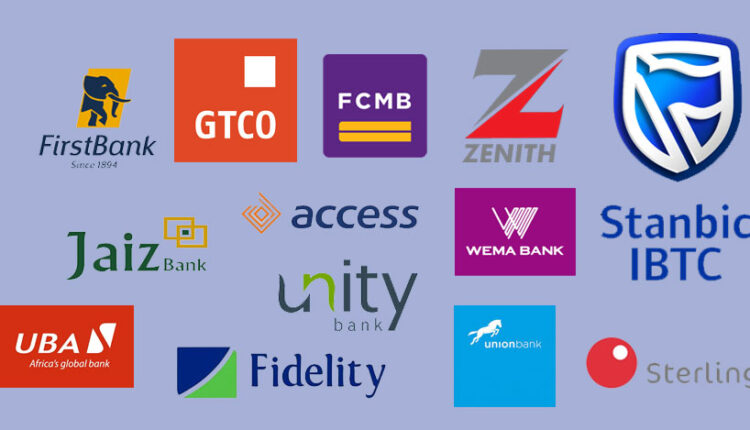Six of Nigeria’s top financial institutions have collectively recorded over N2.4 trillion in profit after tax (PAT) within the first nine months of 2025, reflecting a 20 per cent year-on-year growth compared to N2 trillion declared in the same period of 2024.
The banks — First HoldCo Plc, Access Holdings Plc, Zenith Bank Plc, United Bank for Africa (UBA) Plc, Sterling Financial Holdings Plc, and Wema Bank Plc — also saw significant growth in customer deposits, signaling stronger liquidity and increased public confidence in the banking sector.
According to data extracted from the banks’ unaudited financial statements on the Nigerian Exchange Group (NGX), their profit before tax (PBT) for the nine months rose marginally by two per cent to N2.895 trillion, up from N2.8 trillion in the corresponding period of 2024.
The report showed that Access Holdings Plc led the pack in deposit growth, rising from N22.5 trillion in December 2024 to N33.1 trillion as of September 30, 2025 — a leap of more than 47 per cent.
First HoldCo Plc followed, with deposits climbing from N17.1 trillion to N17.89 trillion during the same period. Zenith Bank Plc posted N23.69 trillion in deposits, compared to N21.96 trillion in 2024, while UBA Plc reported an increase from N21.89 trillion to N23.80 trillion.
Smaller lenders also posted positive figures. Sterling Financial Holdings Plc saw deposits rise from N2.5 trillion to N2.88 trillion, and Wema Bank Plc recorded an uptick from N2.5 trillion to N2.7 trillion.
Despite the impressive earnings, experts have cautioned that the profits must translate into tangible benefits for shareholders and customers.
Professor Uche Uwaleke, Director of the Institute of Capital Market Studies at Nasarawa State University, Keffi, advised banks to ensure their gains were driven by sustainable fundamentals rather than short-term financial adjustments.
“Some banks posted record profits, but that doesn’t erase the concerns of shareholders and customers,” Uwaleke said. “These figures largely reflect the ability of banks to reprice assets and leverage higher yields. The real test is whether these profits are sustainable and if customers experience better services as a result.”
Similarly, former President of the Chartered Institute of Bankers of Nigeria (CIBN), Chief Okechukwu Unegbu, said that profit growth should reflect in higher dividend payouts to shareholders and better service delivery.
“The increase in deposits shows renewed saving habits among Nigerians, possibly due to economic uncertainty,” Unegbu noted. “But banks must also reward shareholders fairly through improved dividends and reinvestment in customer service.”
A customer, Mrs. Augustina Ode, urged banks to focus on customer satisfaction rather than profit declarations.
“Banks should not just announce huge profits; they should make it easier for customers to access services without frustration,” she said.
The 2025 financial year has been marked by high inflation, fluctuating interest rates, and tighter regulatory oversight by the Central Bank of Nigeria (CBN).
Despite these challenges, banks appear to have leveraged higher yields on government securities and digital banking growth to strengthen their balance sheets.
Do you want to share a story with us? Do you want to advertise with us? Do you need publicity for a product, service, or event? Contact us on WhatsApp +2348183319097 Email: platformtimes@gmail.com
We are committed to impactful investigative journalism for human interest and social justice. Your donation will help us tell more stories. Kindly donate any amount HERE




